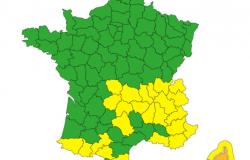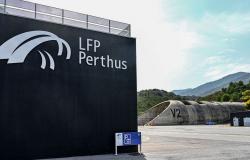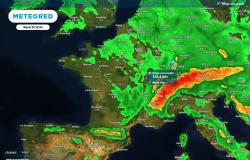What’s going on here?
Nordic power prices recently ticked up due to drier weather forecasts, but the abundant water reserves and persistent rainfall may soon temper this surge.
What does this mean?
On Thursday, Nordic forward power prices experienced a lift, driven by expectations of dryer conditions and positive market sentiment. The Nordic front-quarter baseload power contract rose by 0.52 euros, or 1.1%, to 48.2 euros/MWh, and the front-year contract nudged up by 0.1 euros, or 0.3%, to 32.1 euros/MWh. However, analysts anticipate this rise will be short-lived as wetter weather and growing hydro reserves weigh in. Energi Danmark suggests temperatures will remain above normal through year-end, with increased precipitation bolstering the hydro balance surplus, hinting at a bearish market trend. Although there’s a slight dryness in the conditions, any upward price shifts could be offset by simultaneous increases in related energy sectors.
Why should I care?
For markets: Navigating the waters of uncertainty.
As European markets grapple with fluctuations in power output, particularly in Germany and France, the Nordic region’s dynamics could offer insights. Prompt power prices in Europe have risen due to Germany’s anticipated wind output drop and decreased French nuclear availability. In the Nordic region, water reserves projected to be 22.25 TWh above normal suggest a continuing downtrend. Meanwhile, stable Dutch and British gas prices indicate consistent supply amid cooler temperatures, and gains in the European carbon market’s benchmark price reflect ongoing shifts in carbon pricing policies.
The bigger picture: Global economic shifts on the horizon.
Nordic weather patterns provide a snapshot of broader energy market shifts influenced by climate variables. The expected mild and unsettled weather with abundant rain could enhance the region’s renewable power advantage, impacting energy import and export dynamics. As the hydro balance surplus expands, traditional energy sectors across Europe may face increasing pressure, prompting a shift in regional cooperation on energy policies. These conditions could define long-term European strategies in balancing renewable resource use with traditional energy needs.
France






